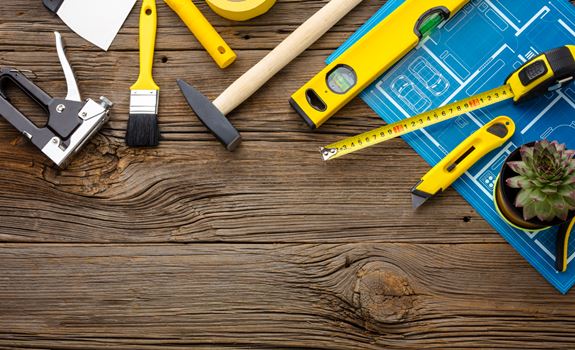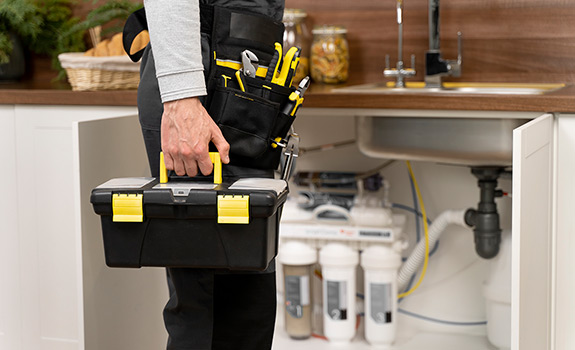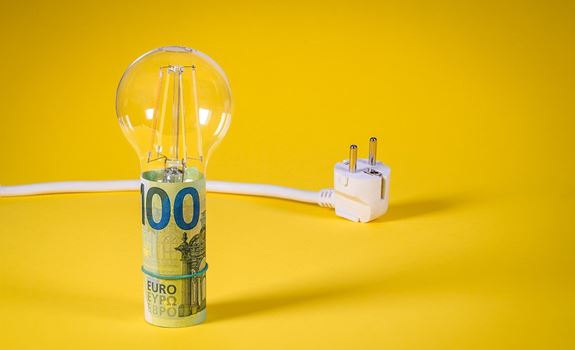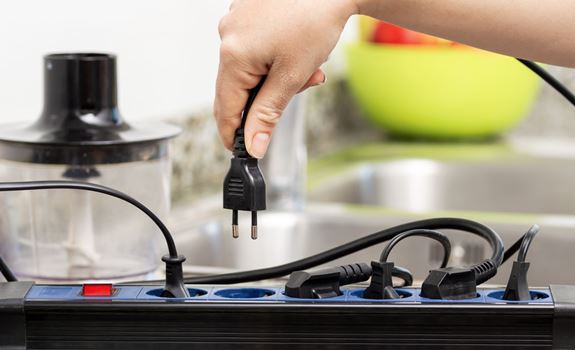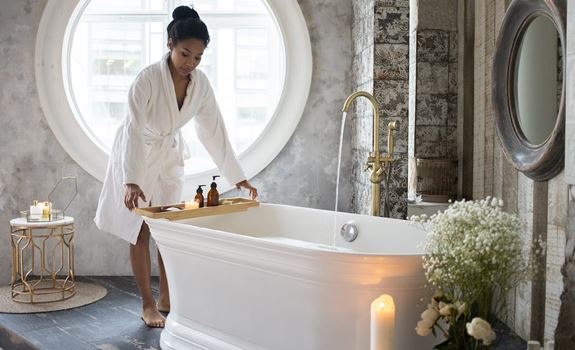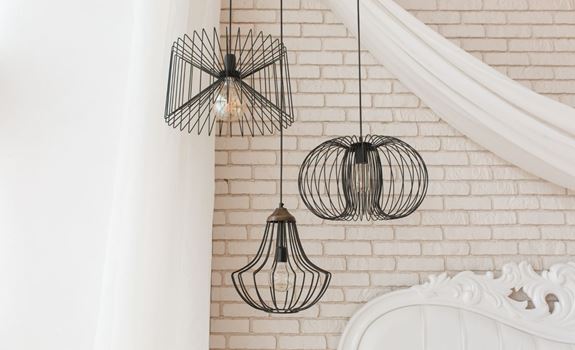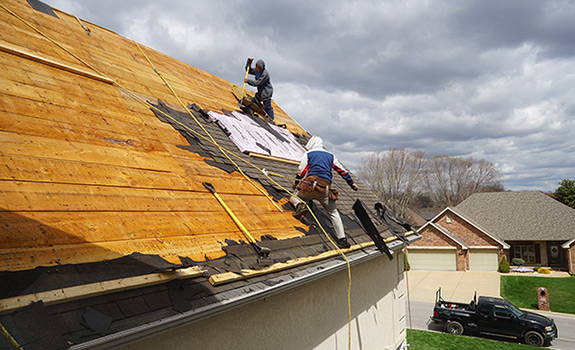Water is essential for life on planet Earth and we need to be aware of how much we use.
It’s not just the amount of water that matters, but rather the quality of water that we are using. Finding the right water supplier can help you reduce water waste in your home, at work and anywhere else!
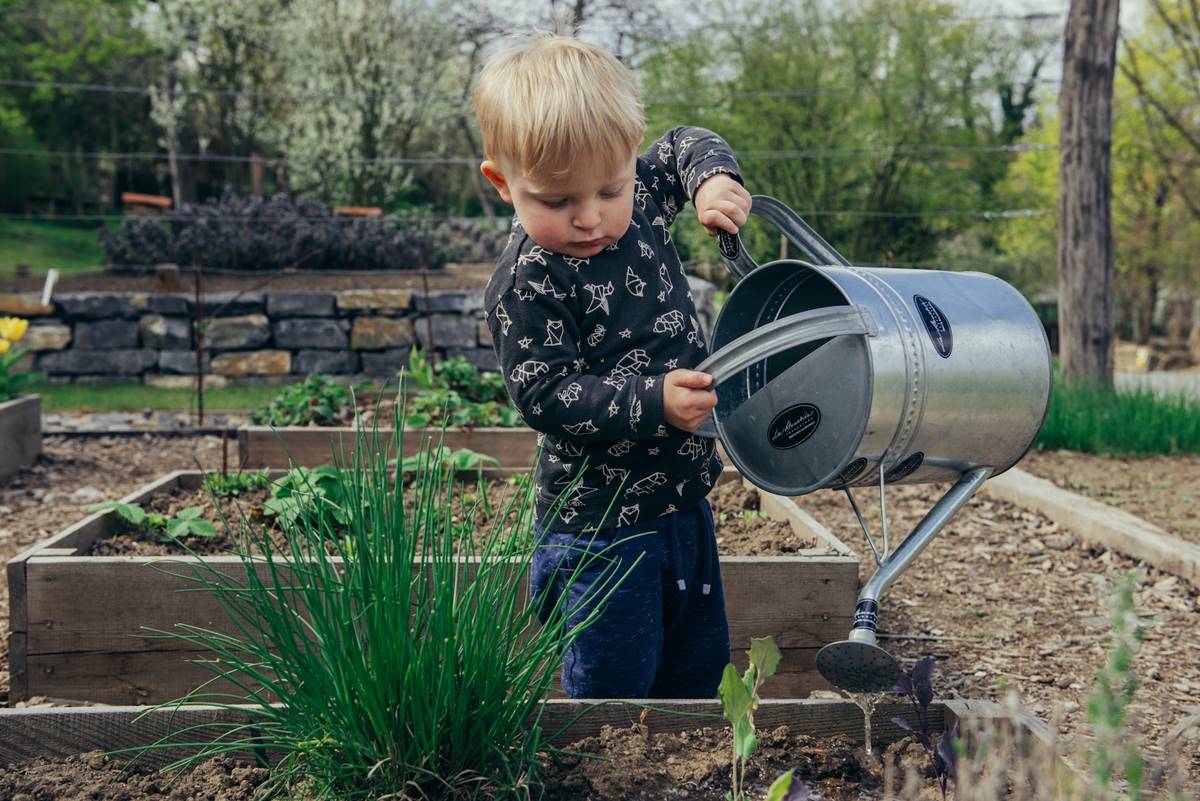
Ways to Reduce Water Waste in Your Home
Fix the faucet
If you’re not using your faucet, turn it off. The water running through your pipes uses a lot of energy and can be harmful to the environment. To help reduce this waste, install low-flow aerators on all of your faucet handles—this will reduce how much water flows through each handle when you turn on the faucet.
If there are leaks in your pipes or fixtures, fix them immediately! Leaking toilets can waste liters and liters of water.
Also consider getting a water meter for each member of the household so everyone knows how much water we’re using throughout our day (or week).
Use biodegradable soaps
Biodegradable soaps are a good alternative to chemical soaps. They can be used on both skin and clothes, making them a more environmentally friendly option.
Biodegradable soaps also have other benefits:
- They do not contain any harmful chemicals like dyes that may harm your health;
- They don’t leave behind residues that could irritate sensitive skin; and
- They don’t require harsh scrubbing motions (which can damage the surface of fabrics), which means less wear and tear on your clothes during washing cycles!
Install a water-saving showerhead
There are a number of ways to save water in your home and garden. One of them is installing a water-saving showerhead.
If you don’t already have one, consider getting one now—it will help reduce waste by up to 40%. A friend or relative can help install it for you if needed.
Remember: turn off the water while shampooing or soaping up, then turn it back on when finished!
Ways to Reduce Water Waste in The Garden
Water deeply, but less often
Watering plants deep means that the roots will go deeper into the soil and be able to absorb more water. This encourages deeper root growth, which means better absorption of nutrients from fertilizer or compost. It also helps keep the soil moist at all times—not just when you’ve been fertilizing regularly for a few months (which can cause excess drying).
If possible, water plants in the morning or evening so that there’s enough time for them to dry out before nightfall; if this isn’t possible because of where you live/work/play, then try doing it as soon as they start looking wilted (this usually happens within 24 hours after being watered).
When using a hose attachment on your garden spigot or watering can with a large volume capacity, make sure that the tip is inserted into an open space rather than just sitting against something solid like grass clippings or mulch piles.
Shade your plants
One of the easiest ways to save water is by shading your plants, as this means they will need less of it. Do this by using shade cloths, which can be purchased at most home stores or garden centers. Shade cloths come in a variety of materials and styles, so you’ll want to choose one that matches your plants’ needs.
For example: If your plants are planted in pots or containers with little room for growth, then a hanging trellis may be best suited for them (as long as it doesn’t interfere with other structures).
If they’re on a patio or balcony where there isn’t much space between them and the house walls, consider putting up three-sided white plastic panels instead—they’ll provide enough coverage while still allowing sunlight into their center areas where they’re growing most vigorously!
Save more water by composting
Composting is another great way to reduce water use in your home. It can help you save money and protect the environment by reducing fertilizer use, creating soil, and helping plants grow better.
Composting reduces water use by reducing the amount of fertilizer that goes into your garden or backyard garden bed.
You’ll also be able to compost more food scraps than you would if they were just added directly onto topsoil without any other treatment. This means less waste going into landfills and fewer chemicals leaching into our water supply—a win-win situation!
Invest in a rain barrel
You can use a rain barrel to collect water from your home’s roof, or even from a nearby stream. The best part is that it doesn’t have to be expensive—you can find rain barrels at any home improvement store.
Rainwater collection systems are designed to sit on top of the roof, so they need to be tall enough that they catch all the rainfall—and this should happen quickly enough so as not to make too much of an indentation in your roofing material (or worse yet, cause leaks).
You should also consider how much time there is between storms each day/week/monthly when deciding whether or not now’s a good time for installing one; most people don’t want one during heavy rains because their yard would look muddy after each shower!
Conclusion
Water waste isn’t just a problem for the environment; it’s also an issue of sustainability.
If we want to live in a sustainable world, we need to start taking action today. Install a water-saving showerheads and faucets, use shade cloths for your plants and a rain barrel for the garden. Switch energy suppliers and see how your water waste reduces!
Published in: Home advice | Author: Lynn



